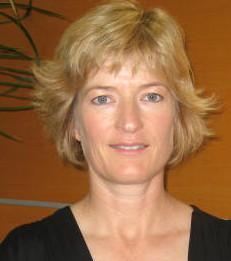
The biggest hurdle to any quality grassroots programme is funding. I have met many Cambodians in my capacity as a lawyer, or working with the schools in the education system, who are doing great things in areas such as youth, community development, fair trade and education. These programmes relate to fundamental human rights. I have tried to help them with funding applications, but they have to have strategic plans, budgets and they really have no capacity to do all the work required while trying to run their programmes on virtually nothing. And even if they secure funding it is only ever short term.
We also have programmes that the schools and their communities desperately need. The children go to school hungry because there is not enough food produced. The sustainable solution is to develop the food production capacity of the community but that needs horticulture classes, seeds and plants. We have the programme, we have the need, we have the classrooms we can use, but we need the money. And that is just one of many examples….
Apparently there is a lot of money “out there” for good, sustainable, innovative projects which relate to fundamental rights, but I ask – where is it? Where has all the money gone?
The workload on NGO’s to apply for funding is still too heavy. The reporting requirements are strict and yet the individuals behind projects such as these are doers, not managers.
I am increasingly frustrated at how hard it is to get small projects off the ground. The amounts we are talking are miniscule, but they are a bridge too far for me personally to fund when I have 4,700 children needing uniforms and stationery, 214 girls to find sponsors for, toilets to build and water to store. Fortunately we have private donors who are our lifeblood, but we, and many other organisations like us, need help.
I believe we should have some form of fund available for grassroots programmes that can be overseen by a small panel. That panel could visit the proposed programme site, talk to the people, agree to simple reporting procedures, and approve funding based on certain key indicators. I would love to be able to recommend some of the programmes I have seen. They are run by good, capable people with a passion for improving their country.
When you can get a home loan approved on the spot (and look where that got the world) why is it so hard to improve lives and alleviate poverty? Eradicating poverty is the focus of the millennium development goals. Why is it so hard to actually get down and do it?
I am blessed to live in New Zealand and to have the freedom of choice and resources to be able to get involved in helping others. I am also very fortunate I have friends and family (and sometimes strangers) who have listened to me and who trust me with their money to do good things. I am convinced we are achieving great things with very limited resources. And so are many others I know.







